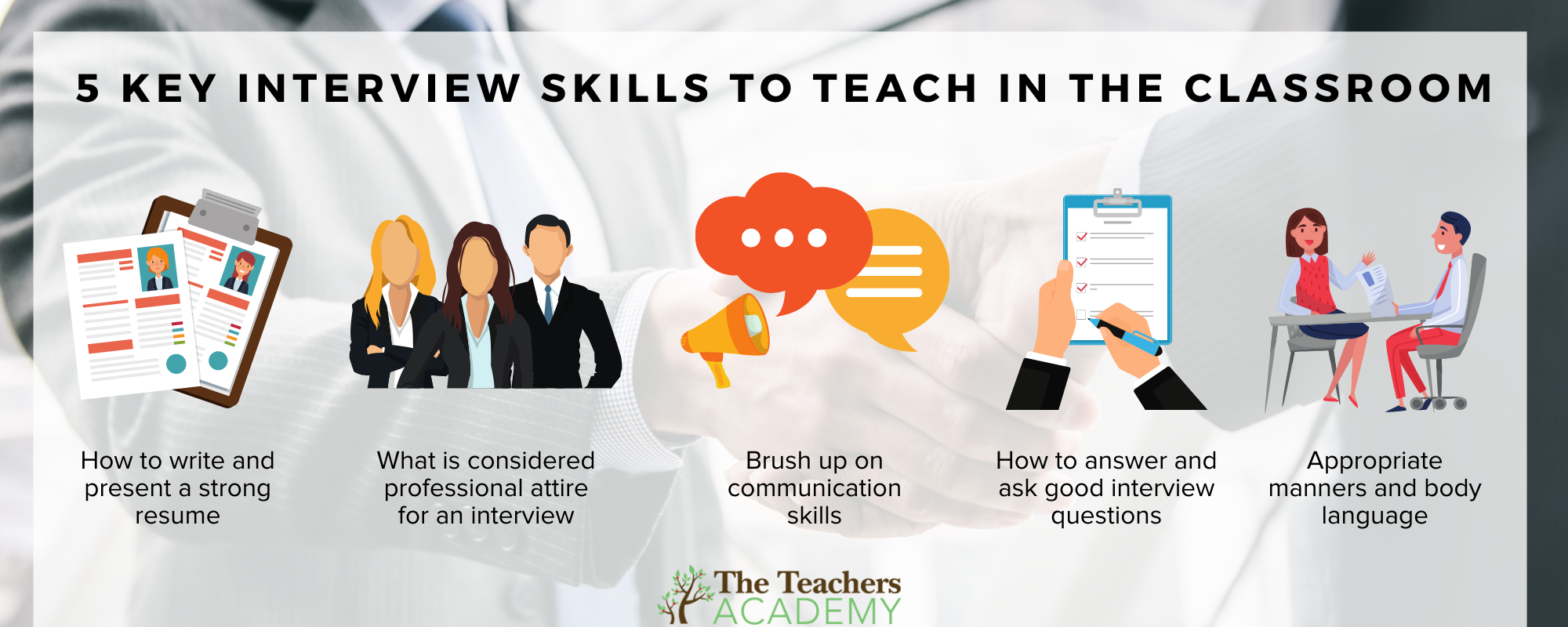Blog
How to Teach College and Career Readiness in the Classroom
- November 10, 2020
- Posted by: The Teachers Academy
- Category: All Blog Postings Educator Resources / News Online Courses

In late 2015, President Barack Obama signed the Every Student Succeeds Act (ESSA) into law. Since then, ESSA has been the backbone of the federal government’s involvement in public education. The act holds schools accountable for how students learn and their level of achievement. A crucial part of ESSA was a state’s ability to control the outcome of public education policy. Many states took that opportunity to create initiatives targeting college and career readiness.
After reviewing multiple indicators, many states determined a drop in the college and career preparedness of students. Although some of the declines might have been due to flaws in the testing model, other indicators were clear in their negative assessment of college and career readiness found in our nation’s schools.
To correct that, states have introduced new efforts to build programs designed to increase college and career readiness in the classroom. An educator can improve upon their methods contributing to programs now designed to better American youth’s readiness for college and the workplace.
The Teacher’s Academy offers tailored instruction to give you the necessary tools to better implement college and career readiness measures in your classroom. If you’re looking to complete your ACT 48 hours online in Montgomery County or other parts of Pennsylvania, please contact The Teacher’s Academy for more information.
Here are a few ideas on fostering a learning environment geared towards college and career readiness.
Hands-On Instruction
An easy first step to introducing higher education and career readiness in the classroom is making sure students can participate in the course instruction using hands-on activities. If you are teaching a course on science or math, you should also create a project that utilizes the functions of the lesson and applies them to a real-world outcome.
Field Trips
Building upon the previous concept, it is essential for teachers to show the applications of the lessons they are instructing their students on. Field trips can be an excellent way to encourage students to pursue college-related or career-related goals for personal interest. If a student has the opportunity to witness and participate in a real-world application of a chosen topic, they are more likely to retain that information and successfully apply it in their lives.
Encouragement
Teachers should always encourage students to do their best. Yet, when raising college and career readiness, teachers should make extra effort to motivate their pupils to participate in extracurricular activities that enhance classroom studies. Perhaps a local business is looking for interns? Encourage students to apply for the internship, especially if the job is related to course studies.
Awareness
Most educational professionals are keenly aware of the needs of their students in the classroom, but they should also consider external factors in their students’ success. Taking an extra moment to notice that a student is drawn to a particular hobby or trade can make all the difference in giving them the encouragement to pursue their college or career goals.
Faux Interviews
Whether students are planning to continue their education or dive right into their chosen career, interviews are an essential part of being successful as an adult. It’s always best to introduce and develop these skills early in life. Follow these tips!
At The Teacher’s Academy, our programs are designed to improve your classroom awareness. Our continuing education online credits can help teachers build accreditation while still maintaining their personal and professional lives. If you are interested in learning more about our online courses, please contact us today.

